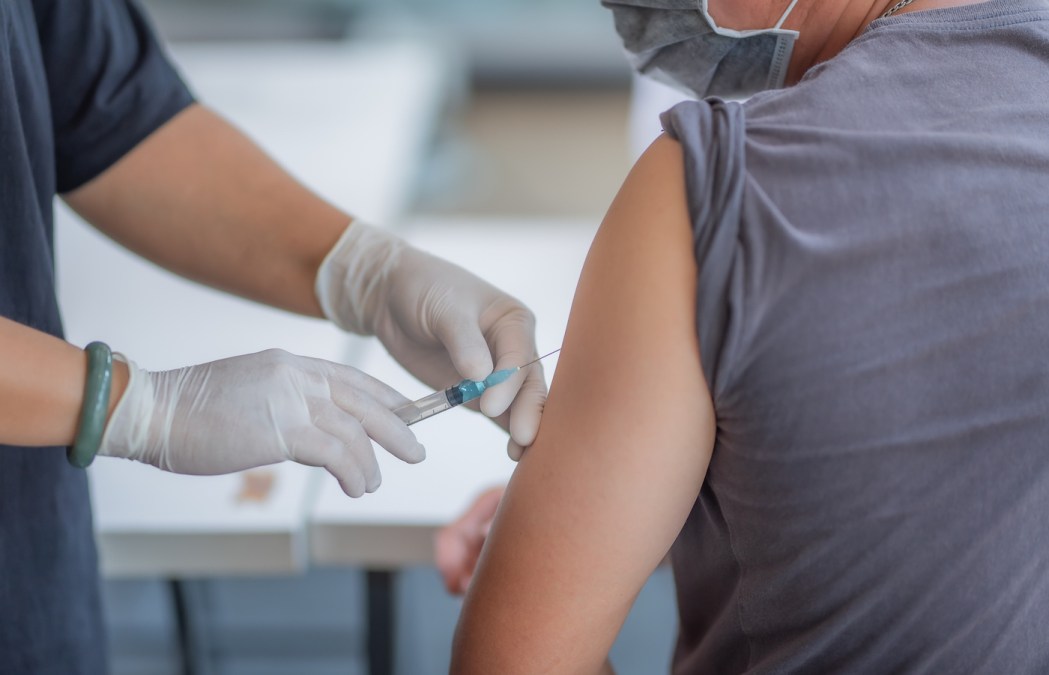Vaccine distribution should ‘shield’ residents from logistical challenges, one official says

Faced with hurdles in efficiently distributing COVID-19 vaccines, health and technology officials in one Illinois county are “shielding” residents and health care providers from the most complex logistical challenges in the process by developing online platforms that aim to simplify the process.
Speaking during an online event, Jefferson McMillan-Wilhoit, the chief informatics and technology officer of the Lake County, Illinois, Health Department, said the county is using two platforms designed by Salesforce to manage inoculations. One website is for the county’s 700,000 residents to sign up for shots, while the other is designed to allow health professionals to track the process.
McMillan-Wilhoit said the strategy is to reduce the amount of “technological touchpoints” for the county, which is just north of Chicago.
“We needed to be able to have a system that we could very easily go into and reconfigure as we got more information on either the vaccine or priority areas or how to phase people in,” McMillan-Wilhoit said. “As that policy and procedure ground shifted, the technology needed to be able to shift with it, because technology is always a support for those two pillars.”
Larry Brilliant, an epidemiologist famed for his work in developing a smallpox vaccine, said during the webinar that the federal government’s hands-off approach to the health crisis left state and local governments to fend for themselves — first in the scramble last spring for personal protective equipment and testing supplies and more recently in planning vaccine rollouts.
“What surprised us the most is that for the first time in history, really, the federal government said, ‘We’re not going to coordinate it, we’re going to leave everything to the states,’” Brilliant said. “I think a lot of the issues about how long it’s taken to roll out vaccines, the difficulty we’ve had with knowing what numbers we’ve had, fights over masks and all those other things can be traced back unfortunately to that decision.”
McMillan-Wilhoit said he knew last June that Lake County would have to start working on its own vaccine management platform, separate from any federal system. Using Salesforce’s software, he said, his team developed the two portals to require as little effort or training as possible, on behalf of residents and medical personnel, while still remaining interoperable with data systems operated by the State of Illinois and other government agencies.
He also stressed the importance of the system’s scalability as residents become more comfortable signing up for the vaccine over the next several months. The system now only requires residents to answer a few questions before receiving their appointment date or learning what phase they’re in and provides them with a QR code to scan when they arrive at their appointment, which notifies the provider of their medical histories.
“If there are barriers,” McMillan-Wilhoit said, “people aren’t going to come get their vaccine, and staff won’t be effective at giving the vaccine.”






